However, Reuters reports that in Canada, dairy farmer Ben Loewith took things further and next year in spring, he expects some of the first calves in the world that have been bred specifically to burp less methane.
"Selectively breeding for lower emissions, as long as we're not sacrificing other traits, seems like an easy win," Loewith explained.
Commercially-available dairy cattle that release less methane emissions per animal could be one of farming's best ways to reduce its negative effects on the environment, experts argue.
Some dairy industry officials, however, are not convinced about this new breed of cows, saying that they might have digestive problems associated with the release of less methane emissions.
As livestock accounts for 14.5% of the world's total carbon emissions and methane being the second most present greenhouse gas out there, any viable way to reduce these emissions is required so we can hit our climate goals.
Low-methane cattle are expected to reduce Canada's dairy herd emissions by as much as 20-30% by 2050, should they be adopted country-wide.
Semex, one of the companies who participated in the creation of the low-emissions breed, said that it will not charge extra for the climate-friendly cows at first, but company officials believe that the adoption of the cattle will remain slow until government subsidies emerge.
The measure is worth a shot, Loewith believes, adding that "if it's something that you've doubled down on generation after generation, then the impact becomes more significant."
 Mihai - Cristian Ioniță
Mihai - Cristian Ioniță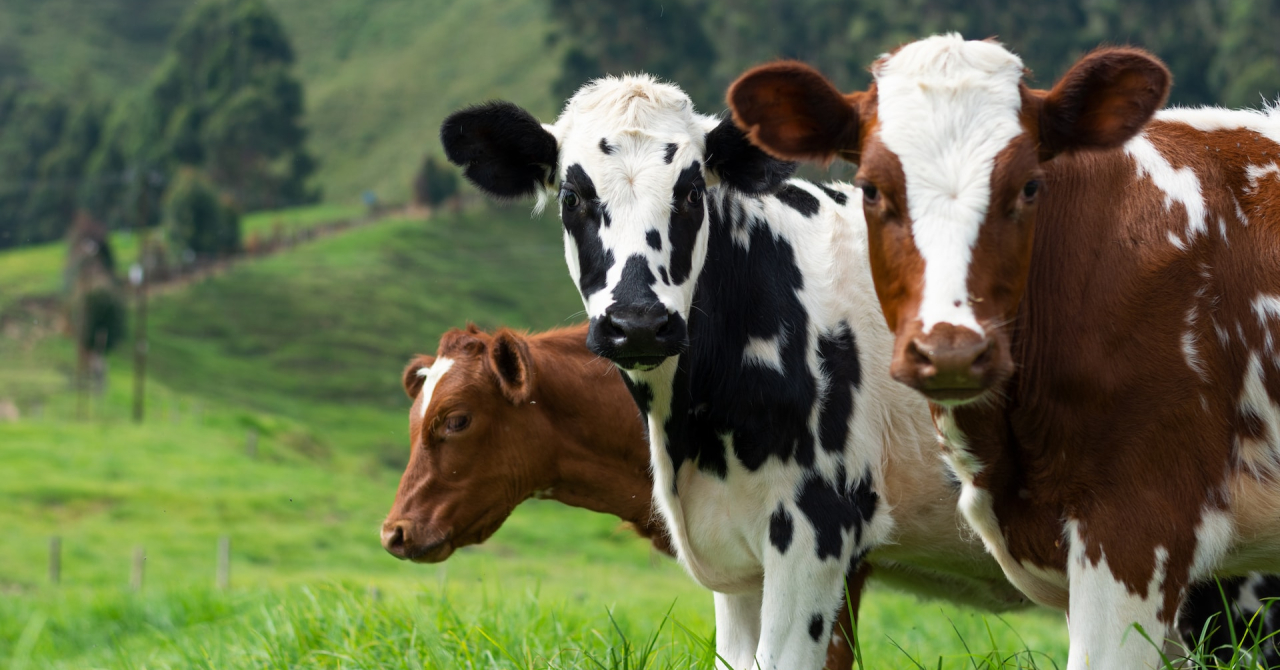

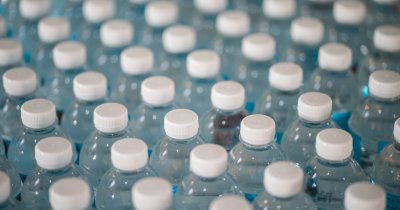
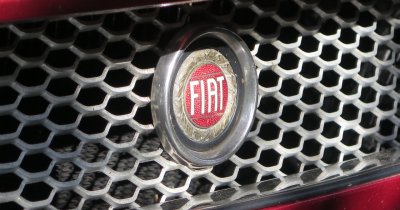

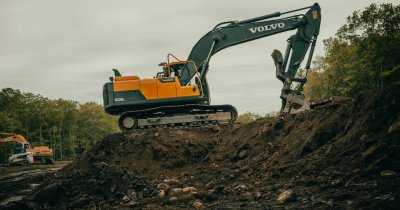
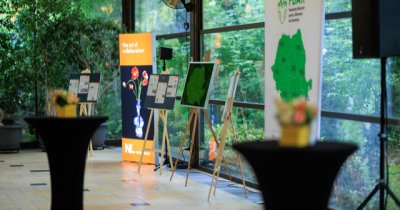


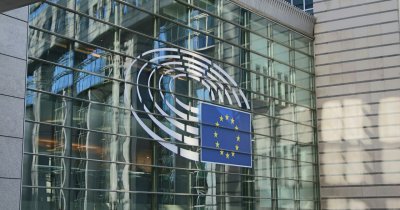



Any thoughts?